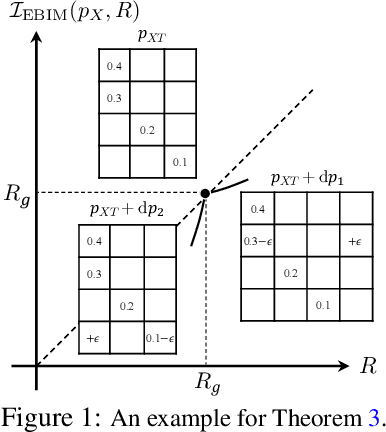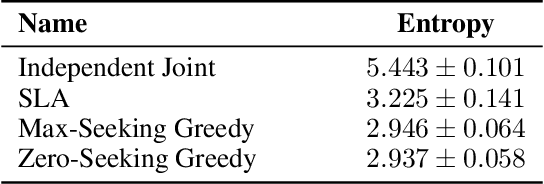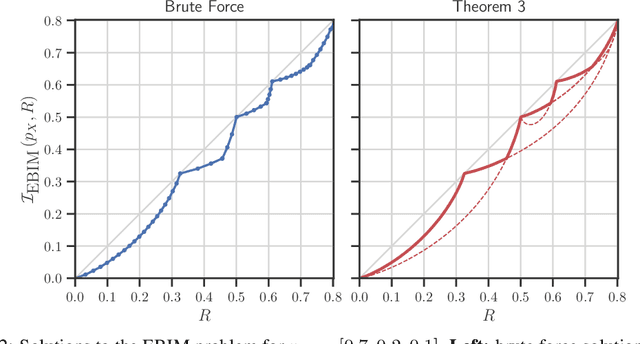M. Reza Ebrahimi
Revisiting Bi-Linear State Transitions in Recurrent Neural Networks
May 27, 2025Abstract:The role of hidden units in recurrent neural networks is typically seen as modeling memory, with research focusing on enhancing information retention through gating mechanisms. A less explored perspective views hidden units as active participants in the computation performed by the network, rather than passive memory stores. In this work, we revisit bi-linear operations, which involve multiplicative interactions between hidden units and input embeddings. We demonstrate theoretically and empirically that they constitute a natural inductive bias for representing the evolution of hidden states in state tracking tasks. These are the simplest type of task that require hidden units to actively contribute to the behavior of the network. We also show that bi-linear state updates form a natural hierarchy corresponding to state tracking tasks of increasing complexity, with popular linear recurrent networks such as Mamba residing at the lowest-complexity center of that hierarchy.
Minimum Entropy Coupling with Bottleneck
Oct 29, 2024



Abstract:This paper investigates a novel lossy compression framework operating under logarithmic loss, designed to handle situations where the reconstruction distribution diverges from the source distribution. This framework is especially relevant for applications that require joint compression and retrieval, and in scenarios involving distributional shifts due to processing. We show that the proposed formulation extends the classical minimum entropy coupling framework by integrating a bottleneck, allowing for a controlled degree of stochasticity in the coupling. We explore the decomposition of the Minimum Entropy Coupling with Bottleneck (MEC-B) into two distinct optimization problems: Entropy-Bounded Information Maximization (EBIM) for the encoder, and Minimum Entropy Coupling (MEC) for the decoder. Through extensive analysis, we provide a greedy algorithm for EBIM with guaranteed performance, and characterize the optimal solution near functional mappings, yielding significant theoretical insights into the structural complexity of this problem. Furthermore, we illustrate the practical application of MEC-B through experiments in Markov Coding Games (MCGs) under rate limits. These games simulate a communication scenario within a Markov Decision Process, where an agent must transmit a compressed message from a sender to a receiver through its actions. Our experiments highlight the trade-offs between MDP rewards and receiver accuracy across various compression rates, showcasing the efficacy of our method compared to conventional compression baseline.
Multi-Draft Speculative Sampling: Canonical Architectures and Theoretical Limits
Oct 23, 2024Abstract:We consider multi-draft speculative sampling, where the proposal sequences are sampled independently from different draft models. At each step, a token-level draft selection scheme takes a list of valid tokens as input and produces an output token whose distribution matches that of the target model. Previous works have demonstrated that the optimal scheme (which maximizes the probability of accepting one of the input tokens) can be cast as a solution to a linear program. In this work we show that the optimal scheme can be decomposed into a two-step solution: in the first step an importance sampling (IS) type scheme is used to select one intermediate token; in the second step (single-draft) speculative sampling is applied to generate the output token. For the case of two identical draft models we further 1) establish a necessary and sufficient condition on the distributions of the target and draft models for the acceptance probability to equal one and 2) provide an explicit expression for the optimal acceptance probability. Our theoretical analysis also motives a new class of token-level selection scheme based on weighted importance sampling. Our experimental results demonstrate consistent improvements in the achievable block efficiency and token rates over baseline schemes in a number of scenarios.
 Add to Chrome
Add to Chrome Add to Firefox
Add to Firefox Add to Edge
Add to Edge